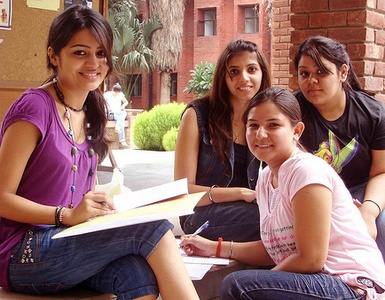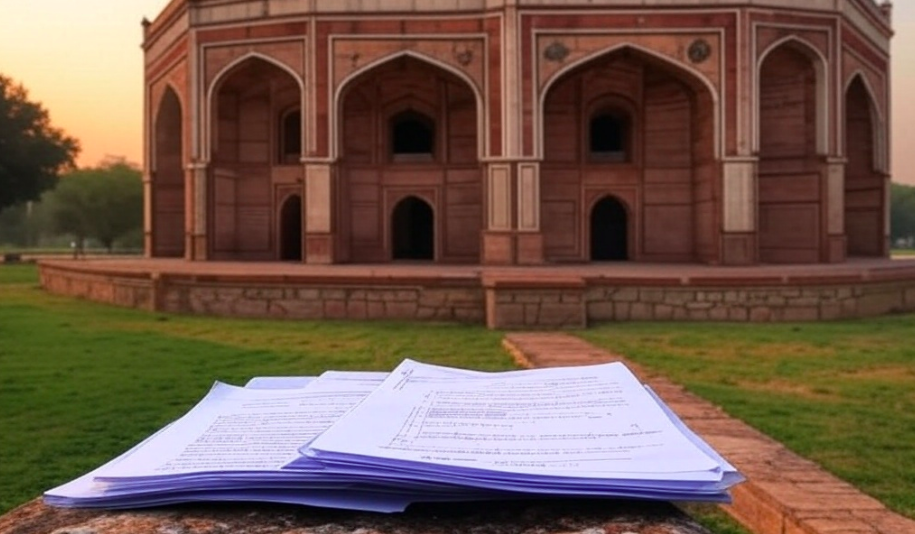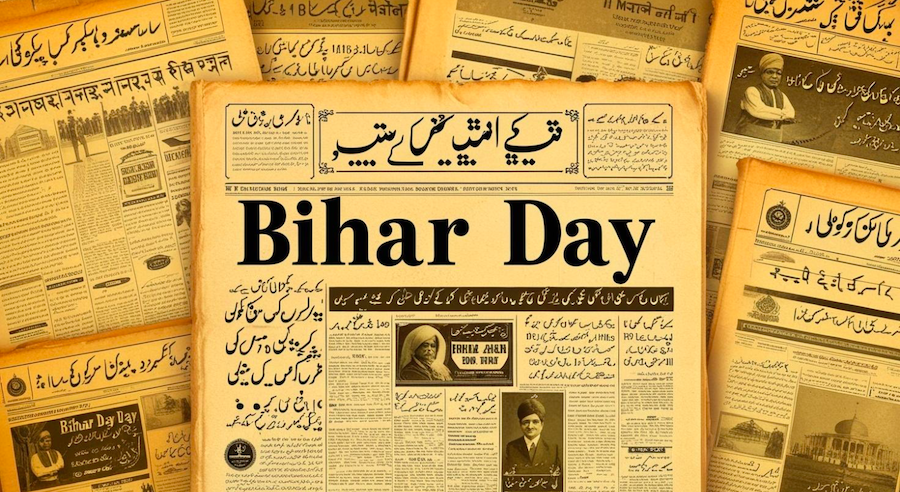BeyondHeadlines News Desk
New Delhi: Asian Centre for Human Rights (ACHR) in a press release today stated that Delhi University has decided to introduce compulsory Hindi and other Modern Indian Languages (MILs) in its four-year course programme for undergraduates without assessing the capacity of the faculty on MILs.
Mr. Suhas Chakma, Director of Asian Centre for Human Rights, filed a Right to Information application (http://achrweb.org/2013/RTI_
In the reply to the RTI application (http://achrweb.org/2013/
“This shows that Delhi University had not even conducted the basic assessment about faculty strength to introduce compulsory MILs for the University. The proposal to conduct centralised MIL courses to address the shortages in the MIL faculty is nothing but a Tuglaqi policy under which non-Hindi speakers will be discriminated as Hindi is the only subject which has adequate faculty strength.” – stated Mr Suhas Chakma, Director of Asian Centre for Human Rights.
Asian Centre for Human Rights urged the University Grants Commission to intervene with Delhi University to halt the four year undergraduate programme and not to introduce compulsory MILs without assessment of faculty strength and without addressing the needs of students who do not study MIL at the qualifying level.
“The DU must not be allowed to introduce compulsory MILs which, by any definition, is discriminatory”, asserted Asian Centre for Human Rights









